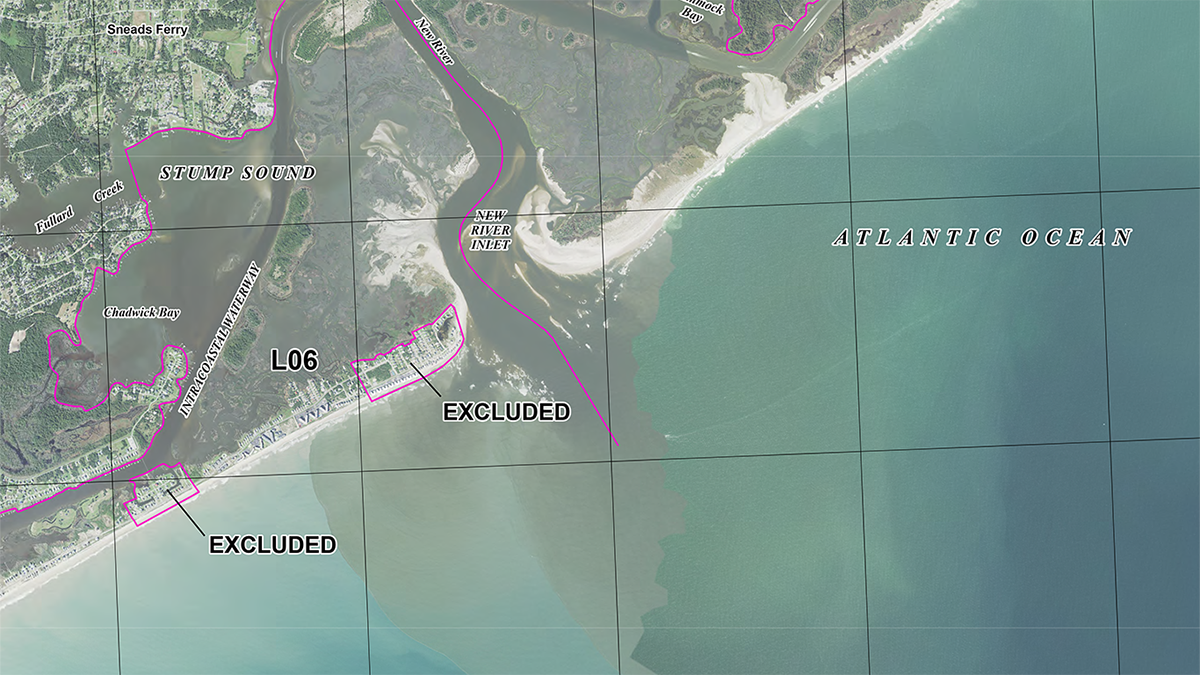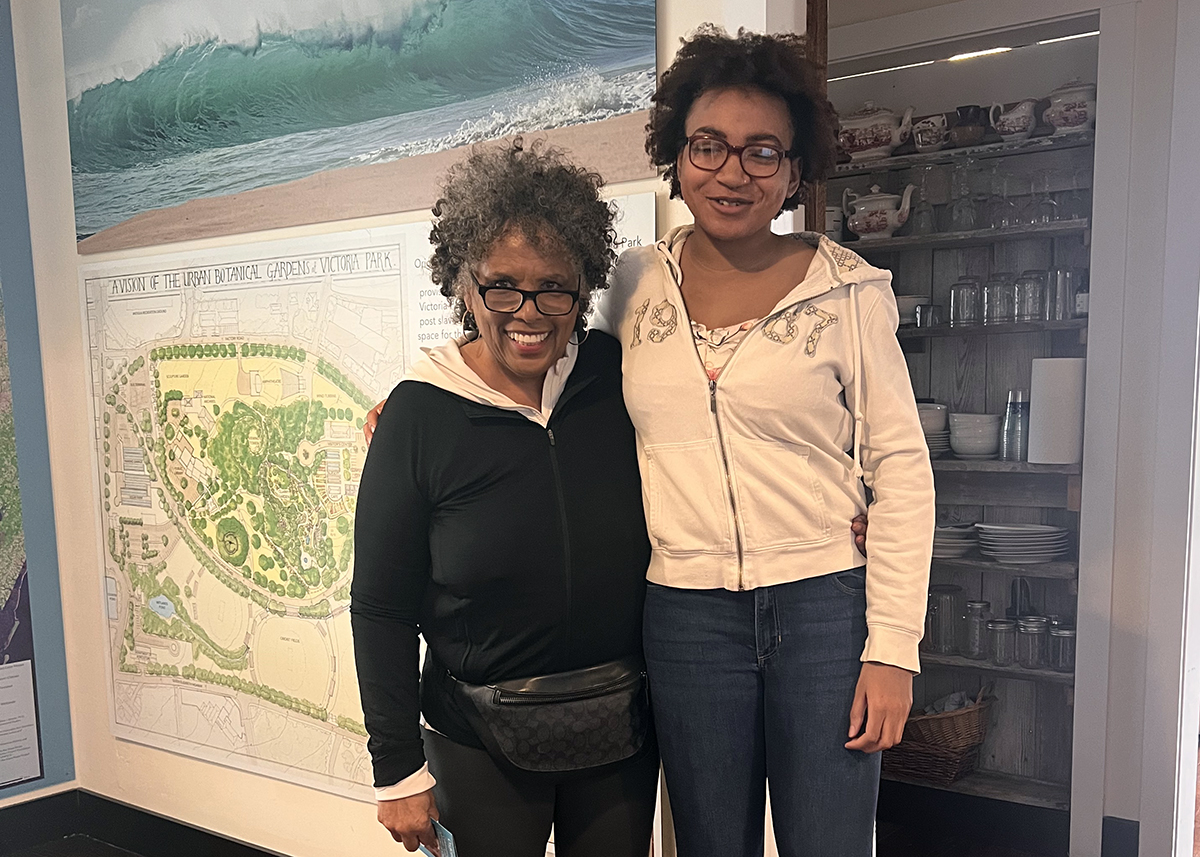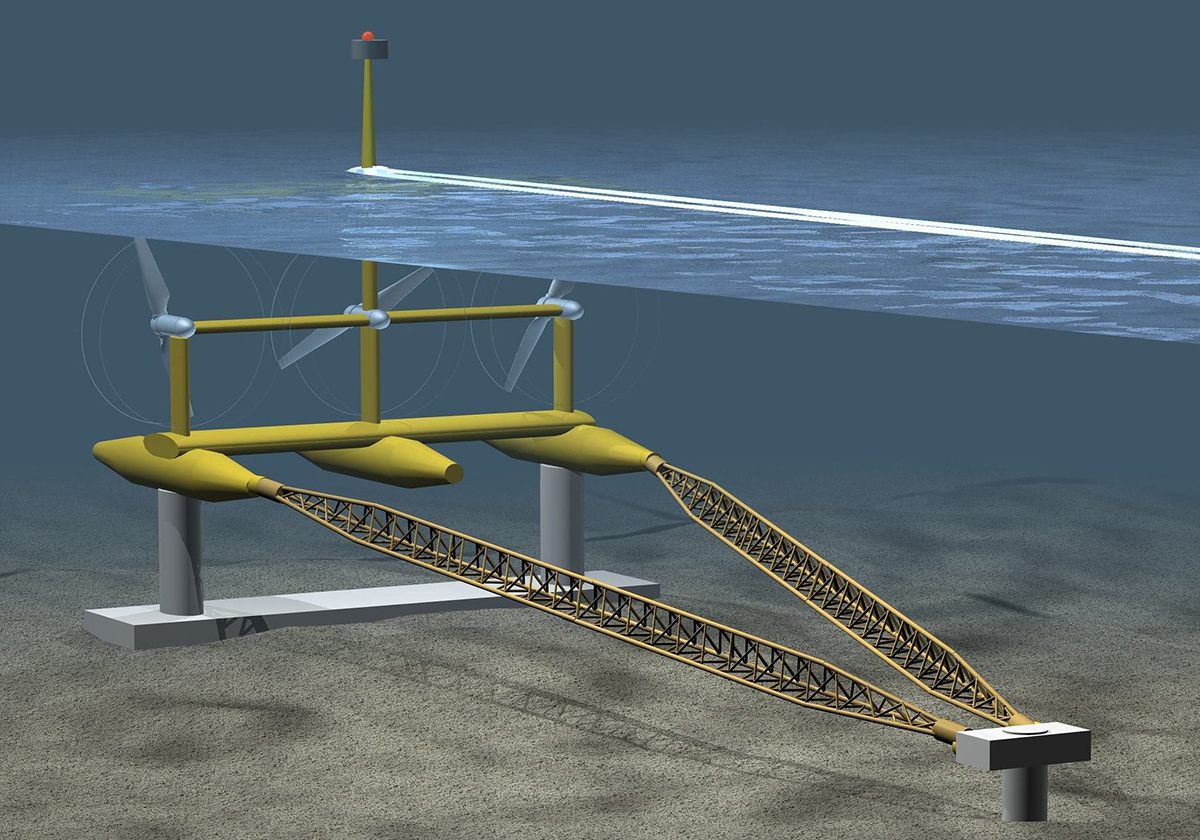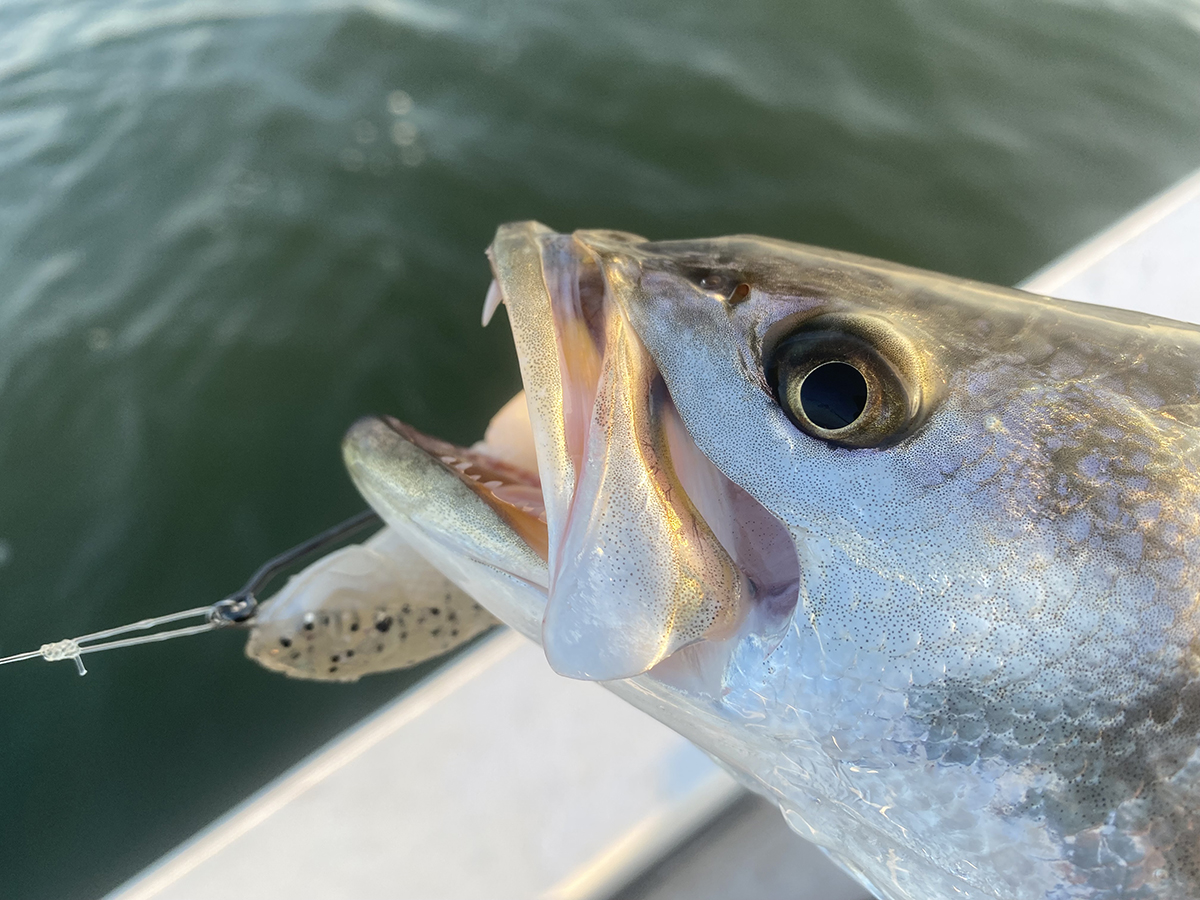
The U.S. Fish and Wildlife Service is waiting on congressional approval of several draft revised maps for Coastal Barrier Resources System units, including a minor tweak of the map that includes more than half of North Topsail Beach.
The draft map for North Topsail Beach removes only about 2 ½ acres, a tiny fraction of what the town has, for years, been asking the federal government to omit from the John H. Chafee Coastal Barrier Resources System, or CBRS.
Supporter Spotlight
About 56% of the Onslow County town is within the system, which was established in the early 1980s under the Coastal Barrier Resources Act, or CBRA, pronounced “cobra,” to discourage building on relatively undeveloped barrier islands by nixing federal funding and financial assistance in hurricane-prone, biologically rich areas.
This means anyone who owns property within a CBRS unit, for example, cannot participate in the National Flood Insurance Program or apply for a Veterans Affairs loan.
The Fish and Wildlife Service, which manages the maps, proposes a revision to Unit L06 in North Topsail Beach to correct land that was “inadvertently added to the CBRS in 2015,” according to the agency’s website.
“This error was primarily the result of challenges in georeferencing the original CBRS maps combined with the quality of aerial imagery available to the Service in the early 2000s, when the boundary for Unit L06 was first digitized from the 1990 paper maps,” the agency states. “The Service has prepared revised maps to reflect these minor changes and technical corrections, and has determined that no other changes are needed to these maps.”
The proposed change is one of seven draft revised maps the Fish and Wildlife Service submitted to Congress earlier this month. The draft maps also include units in South Carolina and Florida.
Supporter Spotlight
In all, 34 acres, primarily uplands, would be removed from the CBRS and a little more than 10,000 acres, mainly wetlands and open water, would be added to the system if Congress adopts the draft map.
The maps were last revised in 2019 after then-President Donald Trump signed The Strengthening Coastal Communities Act of 2018, which amended the CBRA to create more accurate digital maps of units within the CBRS.
The new law resulted in the removal from the CBRS of nearly 80 structures within a half-mile stretch of North Topsail Beach.
For years, the town has argued development started in North Topsail before Congress adopted CBRA.
The bridge linking the northern end of Topsail Island to the mainland was built 14 years before CBRA, according to information on the town’s website. The town incorporated in 1990.
“A 1982 Onslow County zoning map also documents direct access to paved roads for all lots, with a 1981 Fish and Wildlife infrastructure review confirming ‘paved road throughout the unit,’” the website states. “This significant infrastructure – evidence of development, which should have excluded North Topsail Beach from CBRA – was missed because of Fish and Wildlife’s flawed surveying methods.”
North Topsail Beach Mayor Joann McDermon and Interim Town Manager and police chief Bill Younginer did not return a call seeking comment.
The town has garnered support from congressional delegates who have in years past introduced legislation that would remove much of the town from the CBRA designation.
Sen. Thom Tillis, R-N.C., and Rep. David Rouzer, R-N.C., last introduced bills in 2019 to revise the boundaries of Unit L06, but neither bill made it past congressional committees.
A spokesperson for Tillis did not respond to requests for comment.
A statement from Rouzer’s office indicates his continued support of the town, saying he was proud to join Rep. Greg Murphy, R-N.C., in introducing legislation “to fix this problem.” Murphy replaced the late Rep. Walter B. Jones, who previously introduced legislation in support of the town, in a special election in 2019.
“The current CBRA lines must be revised to properly reflect the intent of the law and to allow for the disaster preparation work that all of Topsail Island deserves,” Rozer stated. “While it is a very heavy lift, we will continue to work to try to get this language cleared for passage in both the House and Senate during this Congress.”







